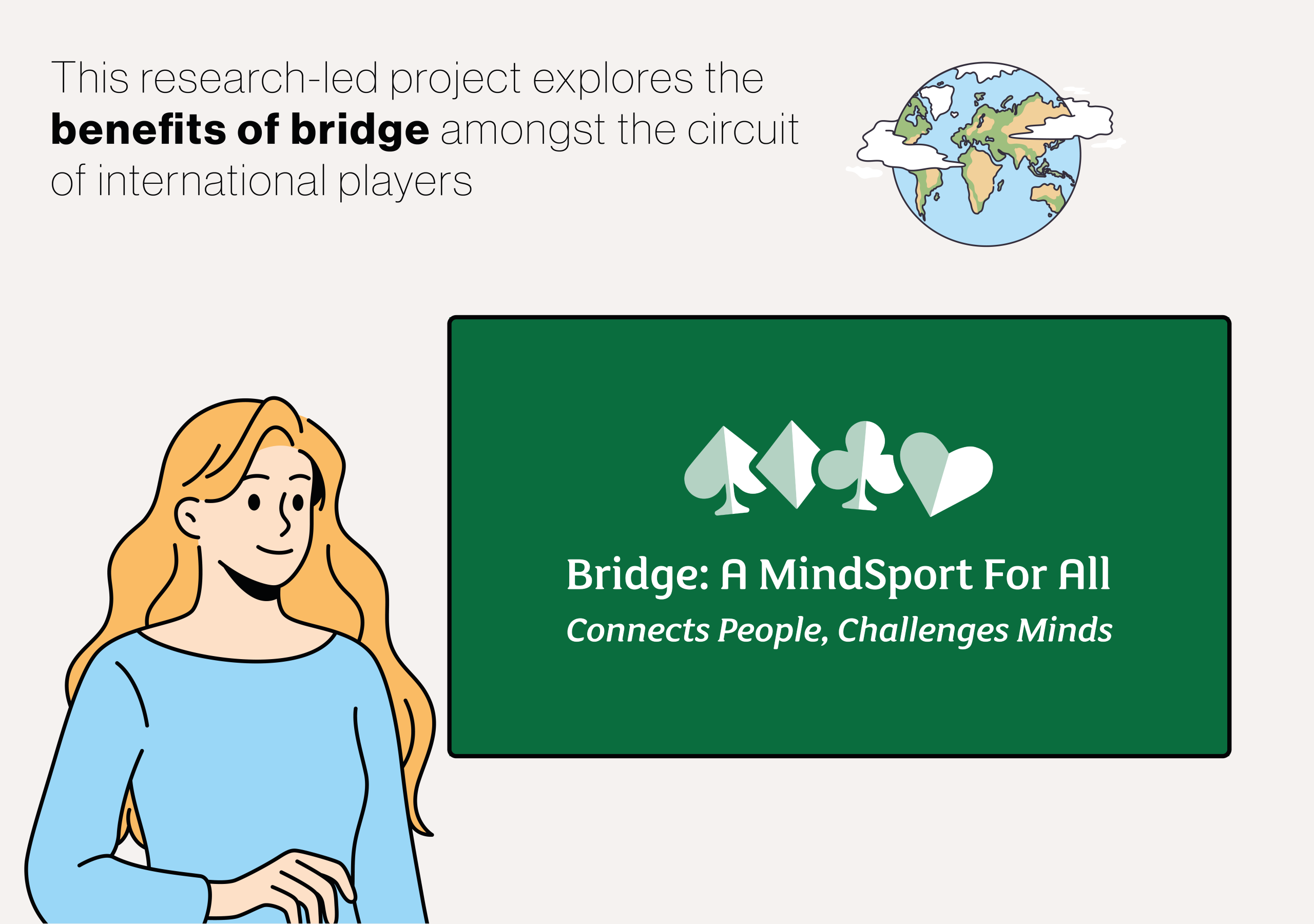Motor neurone disease is a currently incurable and progressive neurological disorder that severely impacts muscle function. As the disease progresses, individuals with motor neurone disease experience significant difficulties in movement, speech, swallowing, and breathing. Home mechanical ventilation can be used to support breathing and improve the quality of life. However, while this can alleviate symptoms and extend survival, it does not stop disease progression, and patients and caregivers must confront difficult decisions in their treatment journey. In a new UK study, Dr Eleanor Wilson of the University of Nottingham and colleagues have explored end-of-life decision-making in motor neurone disease patients using home mechanical ventilation. More
: Making end-of-life decisions when critically ill can be both incredibly challenging and incredibly liberating, and numerous factors can influence someone’s decisions or their ability to confront such decisions at different points in their treatment journey. Identifying the factors and nuances that affect this decision-making process could assist healthcare professionals to support patients and their families to navigate these consequential choices.
At the end of life, if a person with motor neurone disease is dependent on their ventilation they can choose to keep this in place until their death or they can choose to withdraw this treatment once they feel it is no longer of benefit to them. In the UK, ventilation is considered a treatment, and it is a patient’s legal right to stop or refuse treatment at any time. Those dependent on their ventilation would quickly die once it is withdrawn, and this is a challenging area of care that is relatively underexplored.
A recent study led by Dr Eleanor Wilson which was published in BMC Palliative Care delves into the complexities of end-of-life decision-making for individuals with motor neurone disease who are dependent on home mechanical ventilation, offering valuable insights from patients, their families, and bereaved relatives.
The research aimed to fill the gaps in understanding how people with motor neurone disease and their families make decisions regarding the use of home mechanical ventilation at the end of life. The study involved interviews with 62 participants across the UK, including 16 individuals living with motor neurone disease, 10 family members, and 36 bereaved family members. These interviews highlighted experiences, challenges, and perspectives surrounding end-of-life care and the use of home mechanical ventilation.
One of the most poignant findings was the reluctance among participants to engage in conversations about end-of-life choices. This reluctance can be an important coping strategy and was often rooted in a desire to “live for the day,” reflecting the immense uncertainty faced by those with motor neurone disease. For some, discussing the end of life was seen as an admission of defeat or an unnecessary burden on their already strained emotional state. Dr Wilson and her colleagues noted that some individuals avoided these discussions altogether, defaulting the responsibility of decision-making to others, when the patient lost the capacity to make decisions.
Despite this hesitation, many participants made ‘selective’ decisions related to personal planning. These decisions included practical and emotional preparations, such as making legal arrangements, expressing preferences for care, or discussing specific aspects of their future with loved ones. This selective approach allowed them to maintain some control over their lives without confronting the broader, more daunting aspects of their condition.
The unpredictable nature of motor neurone disease made it challenging for patients and their families to plan for the future comprehensively. Instead, many opted to make decisions as needed, responding to immediate circumstances rather than hypothetical scenarios. This approach helped them manage the stress associated with the disease’s progression. Decisions about adjusting home mechanical ventilation settings or opting for specific treatments were often made based on the current state of health rather than long-term projections. Dr Wilson and her colleagues found that this “timely” decision-making process was a practical strategy to cope with the uncertainty and constant changes characteristic of motor neurone disease.
In contrast, some participants reported taking proactive steps, such as advance care planning and making decisions about withdrawing treatment. Such decisions provided a sense of empowerment. These proactive decisions allowed patients to exert some control over the timing and manner of their death, which was crucial for their psychological well-being. For instance, some patients detailed their wishes regarding the discontinuation of home mechanical ventilation in specific circumstances, ensuring their preferences were known and respected when they could no longer communicate them directly. Dr. Wilson’s study highlighted the importance of these proactive decisions in enhancing the quality of life for patients and providing peace of mind.
However, in cases where patients were unable or unwilling to make these critical decisions, the responsibility often defaulted to family members or healthcare professionals. This transfer of decision-making could be stressful for all involved, as family members had to balance their emotional turmoil with the practical aspects of care. Healthcare professionals, on the other hand, had to navigate the delicate task of honouring the patient’s wishes while providing the best possible care. Dr Wilson and her team emphasized the need for clear communication and robust support systems to aid families and caregivers during these challenging times.
The study underscores the complexity, evolving and relational nature of decision-making for individuals with motor neurone disease who rely on home mechanical ventilation. It reveals that decisions about end-of-life care are deeply personal and influenced by a myriad of factors, including the patient’s physical state, emotional readiness, and family dynamics. The findings highlight the need for healthcare providers to approach these conversations with sensitivity, ensuring that patients and their families are supported throughout the decision-making process.
By shedding light on the diverse experiences of those affected by motor neurone disease, this study contributes to a better understanding of the challenges they face and the ways in which they navigate the difficult choices surrounding end-of-life care. It calls for a nuanced approach to support, one that respects the individual’s autonomy while providing the necessary guidance and resources to help them make informed decisions. The insights gained from Dr Wilson’s research emphasize the need for ongoing dialogue and tailored support to help those with motor neurone disease and their families manage the emotional and practical complexities of living with and eventually succumbing to this disease. The work of Dr Wilson and her colleagues is a significant contribution to the field of palliative care, highlighting the human aspects of medical care and the importance of compassionate, patient-centred approaches in managing life-limiting conditions.







